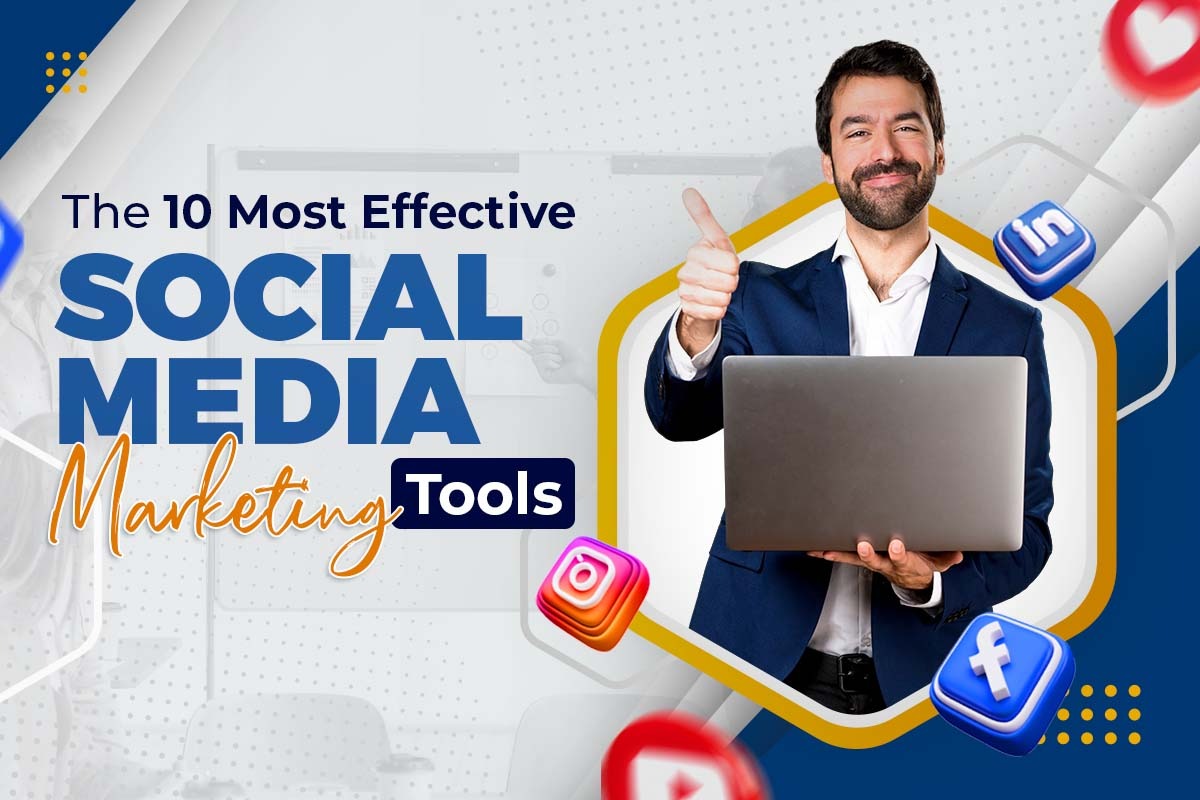
Google’s recent decision to end continuous scroll on its SERPs is a significant development that will undoubtedly impact how a digital marketer or SEO expert approaches their strategies. This change underscores the need to stay updated and adapt to the evolving digital landscape.
What Was Continuous Scroll?
Introduced by Google in 2021, continuous scroll allowed users to see more search results by simply scrolling down; they had to click to the next page. The feature was tailored to give users better search experiences by making it easier to access more information without the interruption of loading a new page. Now, large language models might be tested for actual application in such areas. However, Google has reversed to the traditional pagination system.
Why the Change?
The possible reasons that could have led Google to stop continuous scrolling are multi-dimensional, considering various data analyses and feedback from users. While the continuous scrolling was aimed at improving user experience, it could have inadvertently prolonged loading times and complicated the efforts of advertisers who track usage engagement and behavior. By reverting to pagination, Google gets to deliver more reliable data for marketers and a more familiar navigation experience for users.
Impact on SEO
This reversion has a number of implications in terms of SEO:
- First Page Importance Restored:
The continuous scroll made users scroll easily down through several results without any Equivalent page breaks, thus reducing the importance of first-page ranking. Now, with reverting to pagination, it’s important again to rank on the first page, as people will likely not move to older pages.
- Click-Through Rates (CTRs):
Listing CTRs for the second page and beyond may decline, with the user reverting back to viewing primarily just the first page. That makes it all the more important to optimize for top positions if you want to have visibility and traffic.
- Content Optimization:
Good quality content targeting long-tail keywords becomes more useful, as these kinds of posts are more likely to rank higher by addressing particular queries effectively and hence capturing first rankings.
- SERP Features:
New SERP features of Google, however—like featured snippets, knowledge panels, and local packs – will continue to play a vital role. This can be helpful in making your content conspicuous, even if it doesn’t rank in the top three organic results.
Optimization of SEO Strategy
As a leading SEO services provider in Kolkata, here are ways to get your strategy up against this change:
Guarantee High-Quality Content:
Content is still the king. Ensure there is helpful, informative, and engaging content as a part of your website that answers the target audience’s needs. Not only does this enhance ranking prospects, but it also increases user engagement and retention.
Optimize for Featured Snippets:
Get your content to the top in snippets. This entails formatting your content to suit common questions with direct answers, using bullet points, and including clear and concise answers right within the text.
Local SEO:
Another very important technique for a digital marketing company in Kolkata is local search engine optimization. Optimize your Google My Business listing, get great reviews, and be very consistent with NAP (Name, Address, Phone Number) information on all platforms.
Technical SEO :
Ensure that all the technical details of your website are optimized, from page speed and mobile-friendliness to secure connections. All of these things are important for both user experience and search engine ranking.
To sum up, generating quality content, practicing local search optimization, and improving technical SEO are the focus areas if you really want your website to stay competitive in this ever-evolving digital landscape.
By keeping yourself updated with the currents and strategies, you can help your business grow. Collaborate with an expert or reputed SEO service provider who will help guide your business through such changes to digital marketing successes.









